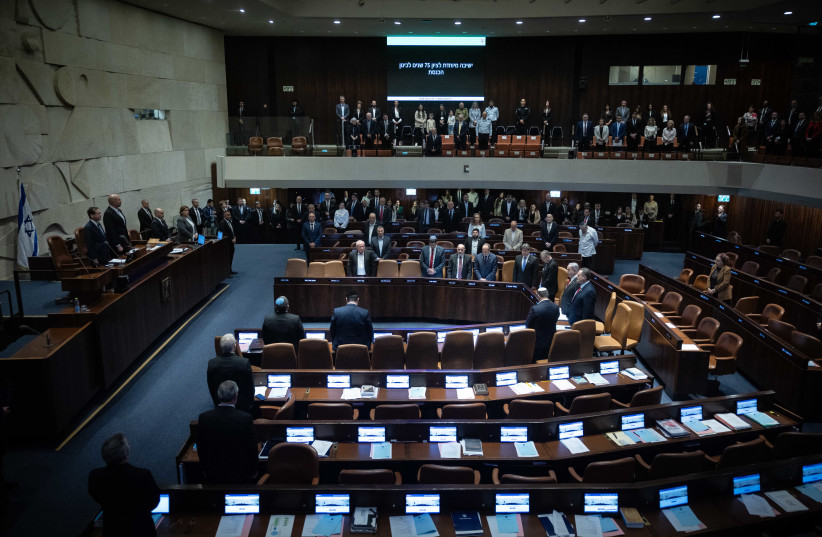A worrying 83% of NGOs in Israel claimed that the IDF's war on Hamas negatively impacted their ability to provide services in a recent survey conducted to analyze the widespread mobilization efforts following the events of October 7.
The survey was carried out by the Hebrew University of Jerusalem's Institute for the Study of Civil Society and Philanthropy in cooperation with Civil Leadership, the umbrella organization of non-profit organizations in Israel.
Led by Prof. Michal Almog-Bar, head of the Institute, the poll found that 73% of the NGOs surveyed expanded their activities at the height of the war due to rising demand, 86% established new services, and 84% reported a rise in demand for their services.
Some 75% claimed a sharp increase in the number of clients served.
Israeli NGOs cope with multiple complications due to war
The neglect manifested itself in various ways, including NGOs having to cope with staff absences due to reserve duty and supporting staff who were mentally or physically affected by the war.

Only 35% of NGOs sought government assistance during the war. This number is low, likely due to the fact that they did not have prior contracts with governmental agencies.
Lack of resources remained a significant issue, with only 10% of NGOs reporting an increase in government support and 21% reporting a decrease in government funding amid the war.
On a more positive note, 35% of the NGOs reported an increase in support and donors from abroad, mainly from North America, with a 48% increase in volunteers.
"NGOs are a major player in helping the Israeli home front during the war"
Professor Michal Almog Bar, Head of the Hebrew University of Jerusalems Institute for the Study of Civil Society and Philanthropy
Discussing his survey, Almog Bar stated that "in the long term, the NGOs are a major player in helping the Israeli home front during the war, in helping evacuees and other populations affected by the war.
They will not be able to continue their work and assistance to the populations affected by the war without additional resources".
Despite ongoing challenges, 82% of the surveyed NGOs believe they helped in war efforts and effectively contributed to Israeli society.
